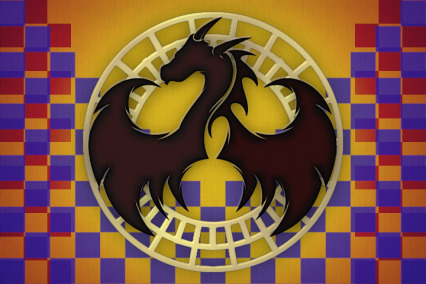Forsher wrote:Your argument for its being Islamaphobic was that the book was Islamaphobic. And your argument for the book's being Islamaphobic was rooted in the book's argument "because religion". If the show is sensitive to Mormonism, that entire argument collapses. So... no, that is exactly what your point was.
Very well then. The show is more sensitive to Mormonism than the book was, but it's still insensitive. "A generous interpretation is that the series demonstrates how some fundamentalist Mormons repackage the past to buttress their present. However, if that is the showrunners’ aim, it’s far from clear. Instead, the perspective follows that of Allen Lafferty who, after digging into the faith’s past, and witnessing its worst expression, issues a clear verdict: “If you really still believe your god is love,” he tells Pyre, “then you don’t know who you are, brother.” Mormonism, at its root, “breeds dangerous men.” Far from countering this opinion, offered in the first episode, the series only confirms it... The TV series does much better than Krakauer’s book at depicting the multitudes that Mormonism contains, but it still presents maliciousness as its core."
Firstly, no... that's not true. They barely have a Wikipedia article.
By "care" I mean that Hulu made a whole show about them murdering someone, and a lot of people watched it. Whatever their screen time, they are the central antagonists.
Er... I don't think anything about why you mentioned "this bizarre monstrosity" because you didn't mention it? You mentioned hand wringing, true crime, twaddle... no mention of Jeanne Dielman, 23 quai du Commerce, 1080 Bruxelles or Chantal Akerman.
This is also unintentionally hilarious because internal drama was not merely a good thing in the previous paragraph but specifically a sign of good writing.
I guess I don't get the joke. There would be a difference between Brenda's interiority (her interiority would be responding to her external life) and Pyre's interiority (him taking personally a tragedy that is not really about him).
Brenda Lafferty is dead. We can't go back in time and use telepathy to read her mind and discover her internal drama.
You're right that we can't discover her internal drama. It would, however, be hypothetically possible to creatively construct an interiority that is consistent with what we do know and respects her humanity. It would not be "the real Brenda," but it would be a more human Brenda and a more articulated Brenda. It is possible to make a not-real version of someone that still respects that person, and it's possible to make a not-real version of someone that disrespects them.
That being said, I'm willing to shift my criticism of the show to a criticism of all true crime if you think that's more consistent. I think the genre's pretty gross and exploitative, and if my suggested reforms to the show are untenable, then let's dispense ourselves of it and have no Under the Banner of Heaven show whatsoever.
Like, I know people really want to forget what the last two letters in TERF stand for...
I have no interest in repeating TERF tenets or the attendant transphobia. I just didn't think Katie Doll colloquially using the phrase "patriarchy" in a review (written for Comic Book Resources nullifies the criticisms and makes Under the Banner of Heaven into a feminist masterpiece, even if you think it makes Katie Doll's writing clumsy. It struck me as not so much intentionally invoking an intellectual lineage of late-twentieth-century radical feminism in order to advance a transphobic, biologized retrenchment, and much more as just... she's a television show reviewer who lived through the late twentieth century and so some of that ended up in her vocabulary, and she has articulated this not as well than she could have. But I don't think my criticism depends on "according to specifically Katie Doll, the show is sexist." Dispense with the article, and the show remains.





